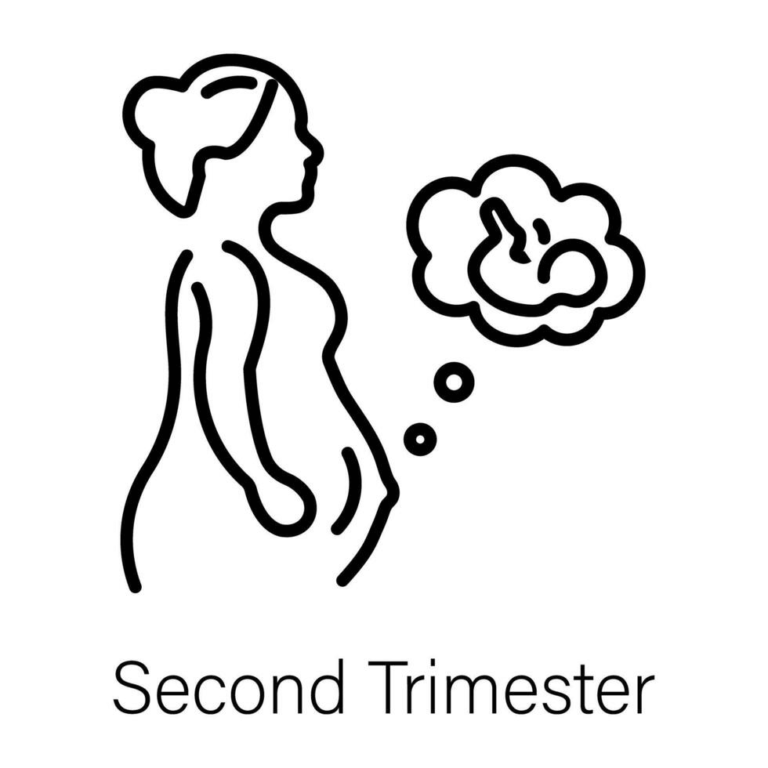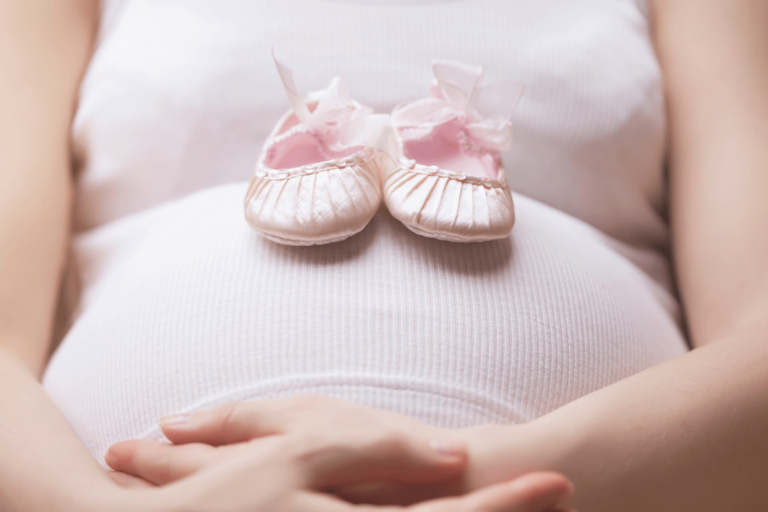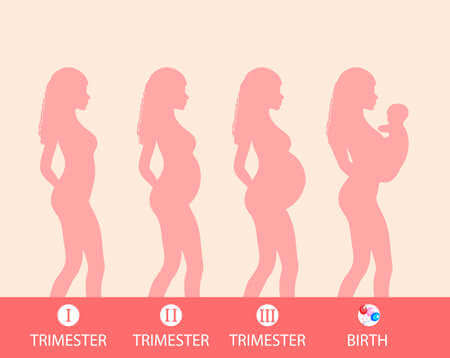Understanding the Third Trimester of Pregnancy

What is the Third Trimester?
The third trimester marks the final phase of pregnancy, spanning from week 28 until delivery, usually around week 40. This crucial period brings significant physical and emotional changes as both you and your baby prepare for birth. During these last months, it’s common to experience mixed emotions—tiredness, excitement, and anxiety. Many expectant parents also begin childbirth and lactation classes and finalize preparations by acquiring essential baby items like a crib, diapers, and clothing.
When Does the Third Trimester Start?
The third trimester typically begins at week 28, according to most health organizations. This period lasts until you give birth, which is generally around weeks 39 or 40.
Prenatal Care in the Third Trimester
During the third trimester, prenatal visits become more frequent to monitor the baby’s health. Unless your pregnancy is high-risk, you’ll likely have appointments every two weeks until week 36, and then weekly until delivery. During these visits, your healthcare provider will check:
- Blood pressure
- Weight
- Fetal position and size
- Fundal height
- Fetal heart rate
- Urine analysis
- Vaccinations
Around week 36, your provider will also perform a Group B strep test to check for GBS bacteria. If your pregnancy is high-risk or you go past your due date, additional tests like a nonstress test or biophysical profile may be recommended.
Also read: Second Trimester: Week-By-Week Guide
Symptoms of the Third Trimester
As you enter the third trimester, your body continues to grow and prepare for labor. Common symptoms include:
- Braxton Hicks Contractions: Mild, irregular contractions that can feel like menstrual cramps.
- Shortness of Breath: Reduced lung capacity due to the growing uterus.
- Frequent Urination: Increased pressure on the bladder.
- Heartburn: Pressure on the stomach causing acid reflux.
- Swelling (Edema): Fluid retention leading to swollen ankles and feet.
- Varicose Veins and Hemorrhoids: Increased blood volume causing swollen veins.
- Insomnia: Difficulty sleeping due to discomfort and frequent bathroom trips.
- Nesting: A strong urge to prepare your home for the baby.
Self-Care in the Third Trimester
It’s natural to feel tired and slow down during the final months of pregnancy. Prioritize self-care with the following tips:
- Stay Active: Engage in gentle exercises like walking, yoga, or swimming.
- Eat Well: Maintain a balanced diet.
- Hydrate: Drink plenty of water.
- Ask for Help: Don’t hesitate to seek support from friends, family, or your partner.
Emotional Changes During the Third Trimester
Emotional fluctuations are common as your due date approaches. It’s normal to feel excited yet anxious about childbirth and parenting. Reach out for support if you need help managing your emotions.
Baby Development in the Third Trimester
During this stage, your baby will continue to grow in length and weight, with major organs maturing to prepare for birth. By the end of the trimester, your baby ideally reaches full term (39 weeks) and assumes a head-down position for delivery.
Potential Complications
While most pregnancies progress smoothly, the third trimester can bring complications such as:
- Preeclampsia: High blood pressure with other symptoms like protein in the urine.
- Gestational Diabetes: High blood sugar levels.
- Preterm Labor: Labor that begins before week 37.
- Premature Rupture of Membranes (PROM): Water breaking before labor starts.
- Intrauterine Growth Restriction: The baby is smaller than expected for the gestational age.
- Breech Position: The baby’s feet or buttocks are positioned to come out first.
Recognizing Labor Signs
Labor can be challenging to identify, especially for first-time parents. Key signs include:
- Regular Contractions: Contractions that get closer together and more intense.
- Water Breaking: A sudden gush or slow leak of fluid.
- Bloody Show: Bleeding as the cervix begins to dilate.
- Losing the Mucus Plug: Discharge from the vagina indicating labor preparation.
When to Contact Your Healthcare Provider
Keep open communication with your provider, especially if you experience:
- Signs of preterm labor
- Vaginal bleeding
- Decreased fetal movement
- Severe abdominal cramps
- Persistent nausea and vomiting
- Severe headaches or dizziness
For more detailed guidance on navigating your third trimester, visit babyix.com to stay informed and prepared as you approach the joyous arrival of your little one.
Also read: Your First Trimester Of Pregnancy: A Week-By-Week Guide






